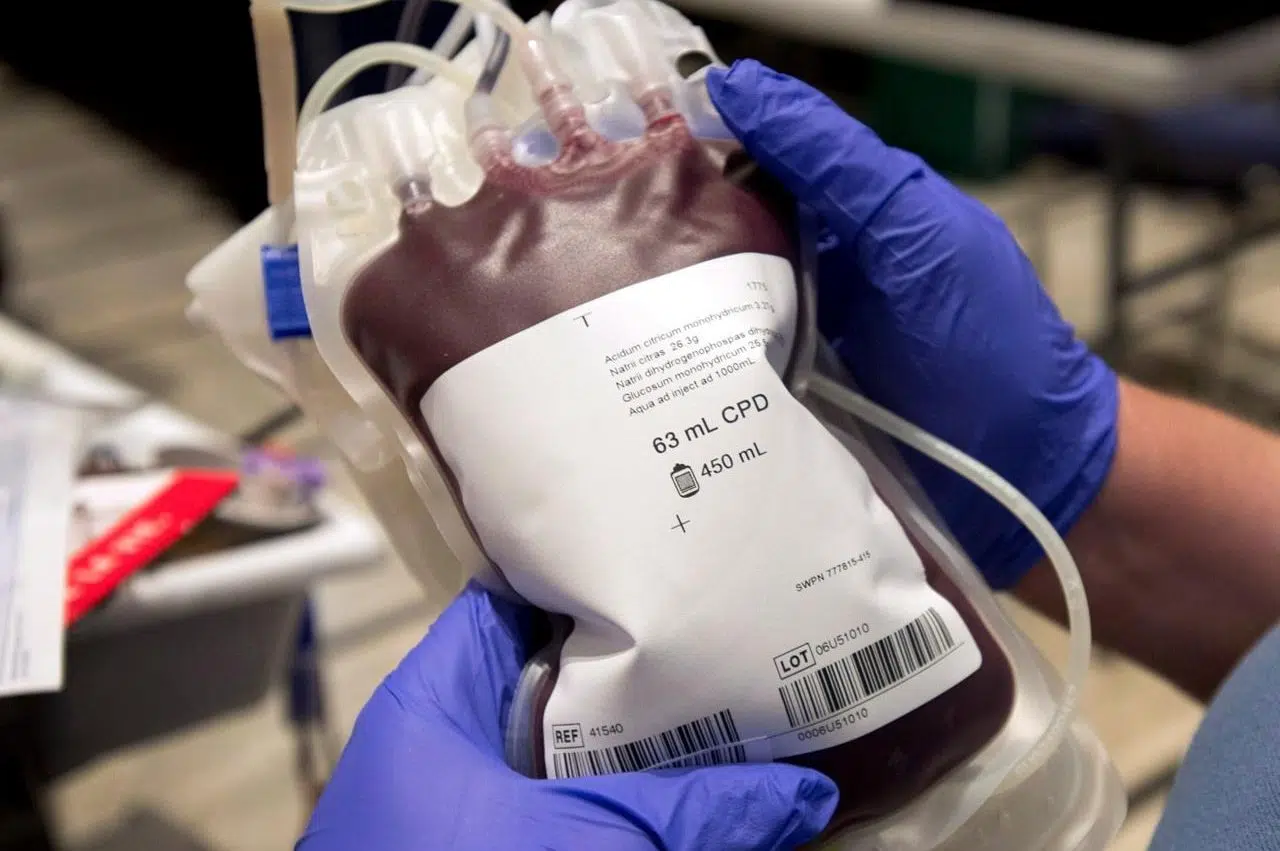OTTAWA — Men who have had sex with men will be able to give blood after a deferral period of three months, down from a year, Health Minister Ginette Petitpas Taylor said Wednesday.
The decision was made at the request of Canadian Blood Services and Hema-Quebec, Petitpas Taylor said on Parliament Hill, adding it’s meant to be a significant step toward eliminating the deferral period all together.
In their 2015 election platform, the Liberals pledged to bring an end to the ban, calling it discriminatory.
Last December, the organizations submitted proposals to Health Canada to further reduce the blood donation ineligibility period to three months.
Until 2013, Canada had a lifetime ban preventing men who had sex with men from donating, meaning they could not give blood if they had had sexual relationships after 1977.
Health Canada said it has now approved three requests to shorten the deferral periods, which are meant to reduce the risk of transmitting HIV through blood transfusions.
The restriction was brought down to five years in 2013 and to one year in 2016.
Three years ago, the government also provided $3 million to Canadian Blood Services to seek evidence in support of a “non-discriminatory approach” to blood donations.
The latest federal budget proposes to provide $2.4 million over three years, starting in 2019–20, for additional research specific to reducing barriers to the donation of blood plasma. Plasma is the liquid component of blood that carries blood cells.
Liberal MP Randy Boissonnault, the special adviser to the prime minister on LGBTQ2 issues, said Wednesday that reducing the deferral period to three months is a “big win” even if the government’s intentions haven’t yet been completely realized.
“We continue to work with the community,” Boissonnault said. “It’s a good day and it demonstrates what happens when government follows the science.”
The Canadian Press







